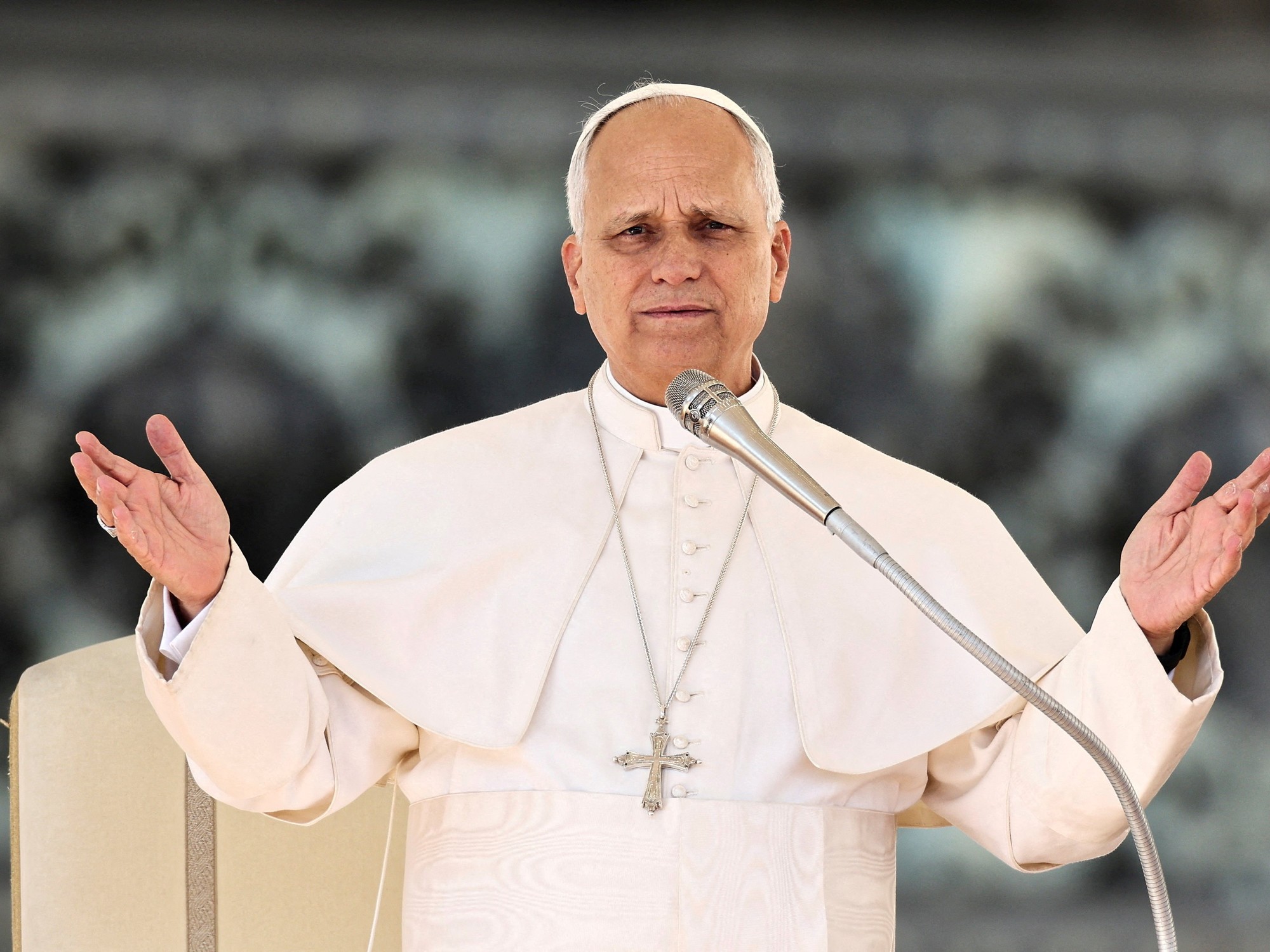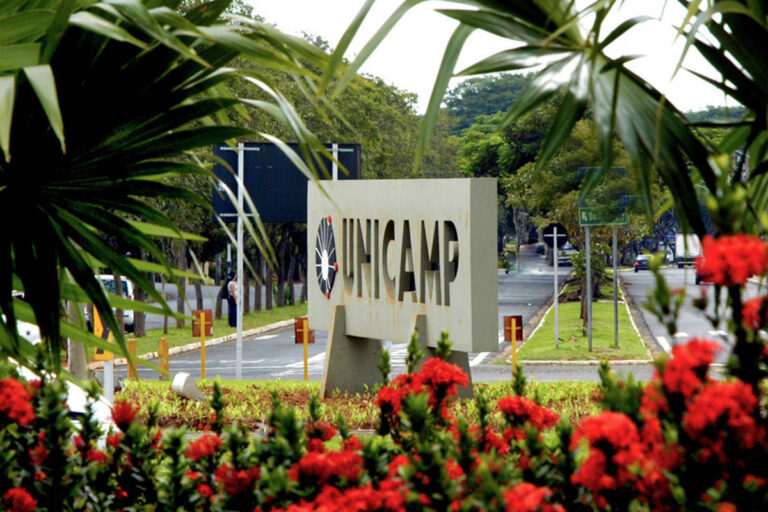In a message to Argentine businessmen, the Pope stressed the importance of paying workers a “fair wage.”

Pope Leo The importance of paying a “fair wage” because “the common good demands that production and profit not be pursued separately; Rather, it is oriented towards the overall advancement of each man and each woman. ”
At the same time, the Pope warned of the dangers of a purely economic vision of the workings of society that neglects the centrality of human dignity, pointing out that: “The Church remembers that the economy is not an end in itself, but rather an essential but partial aspect of the social structure. In this process, the project of love that God has for each human being unfolds. ”
The message was read during 31st Argentine Industrial Conference sponsored by the Industrial Union (UIA) This time, it will be held this Thursday at the Buenos Aires Convention Center with the motto “The future of today’s production”, with the participation of many businessmen and speakers such as Economy Minister Luis Caputo.
leo “Economics and business, when oriented towards the common good, can and must become engines of the future, inclusion and justice.”
And he extolled the legitimacy of Leo XIII’s encyclical Rerum Novarum, which founded the Church’s social doctrine in its present form. It denounced the “unfair conditions for many workers” and in that sense “highlighted it” The right to fair wages, the right to form associations, and the right to live with dignity. ”
“For this reason, my predecessor Leo XIII recalled: When workers receive a fair wage, they can not only support their families; But at the same time, they develop higher aspirations for themselves and their lives, because they desire smaller possessions, love the land they cultivate more, and expect sustenance and dignity from it,” he points out.
Regarding the risk of dismissal, he says Pope Leo XIII also “warned: Those who enjoy material wealth must be careful not to cause even the slightest harm to the lives of those less fortunate.Although it is modest, it must be considered sacred, precisely because it constitutes the essential support of its existence. ”
“These words strike us as a constant challenge, because they challenge us. Don’t measure your company’s success only in financial termsbut also in its ability to generate human development, social cohesion, and care for creation,” he argues.
please point it out “In Argentina, this vision finds a shining example in the honorable servant of God, Enrique Shaw. Entrepreneurs who understand that industry is not just a mechanism of production or a means of capital accumulation, but a true community of people called to grow together. ”
“His leadership was distinguished by his transparency, ability to listen, and effort to make each employee feel part of a shared project.”about who is going to become the first blessed businessman in the world, he said, given that his process is very close to its conclusion in the Vatican.
He said: Socialism is neither an abstract theory nor an unrealizable utopia.But it is a path that has the potential to transform lives and organizations by placing Christ at the center of all human activity. ”
“Enrique encouraged fair wages, promoted training programs, cared for the health of his workers, and cared for the most concrete needs of families,” he said, noting: “He did not see profitability as an absolute, but as an important aspect of maintaining a humane, fair and cooperative company.”
He further added that “in his writings and decisions there is a clear recognition of the inspiration of Realm Novarum, which asked businessmen.” “Do not treat workers as slaves. Respect human dignity as a matter of course.Above all, it is ennobled by its so-called Christian character. ”
“But the consistency of the Servant of God was not limited to the practice of his profession. “He knew the misunderstanding and persecution that Christ prophesied against those who work for righteousness.” (Because) he was imprisoned at a time of political tension and accepted the experience with peace and tranquility,” he says, alluding to Peron’s persecution of the Church in 1955.
He emphasizes: “He dedicated his suffering to God as an act of love and remained close to the workers even in the midst of suffering.”
“His life shows that you can be a businessman or a saint. “Economic efficiency and faithfulness to the Gospel cannot be ruled out, and philanthropy can permeate even industrial and financial structures,” he argues.
In the last part, he tells them: “The world urgently needs entrepreneurs and leaders who work for an economy that serves the common good out of love for God and neighbor.”
“I hope this industry conference will be a place to renew our commitment to an innovative, competitive, and above all humane industry that can sustain the development of our city without leaving anyone behind,” he said.
And he concludes: “I invite you to the intercession of St. Joseph the Worker, and I convey to you the blessing of the Apostle, which is so dearly desired.”



